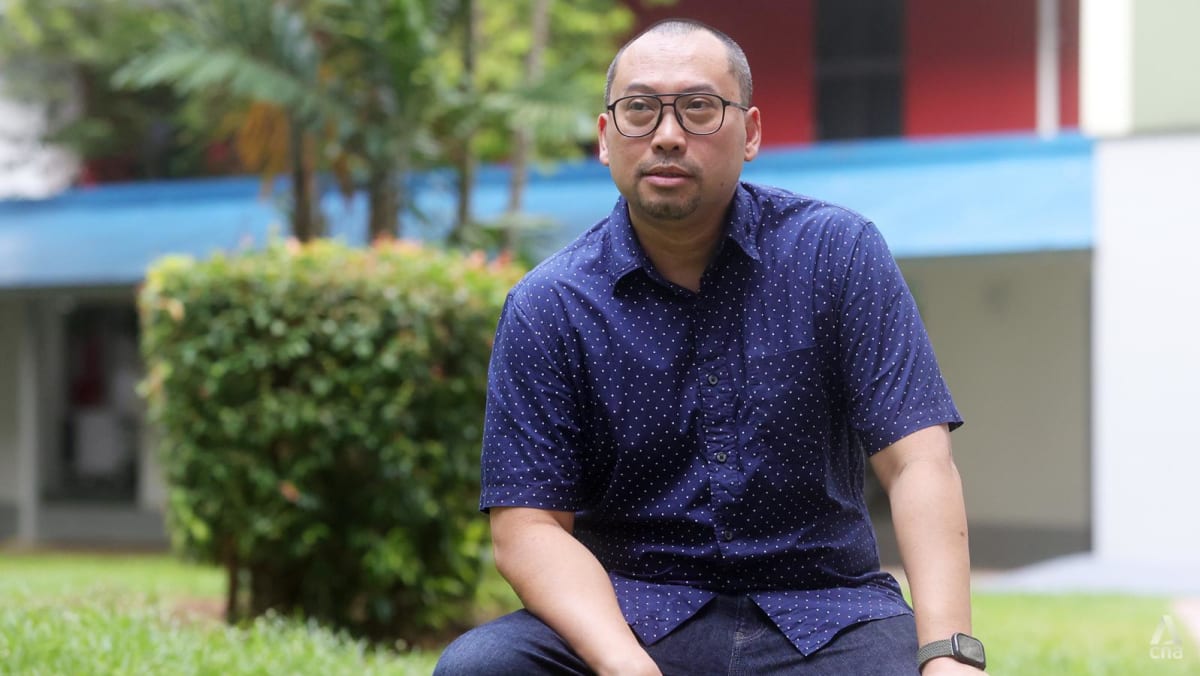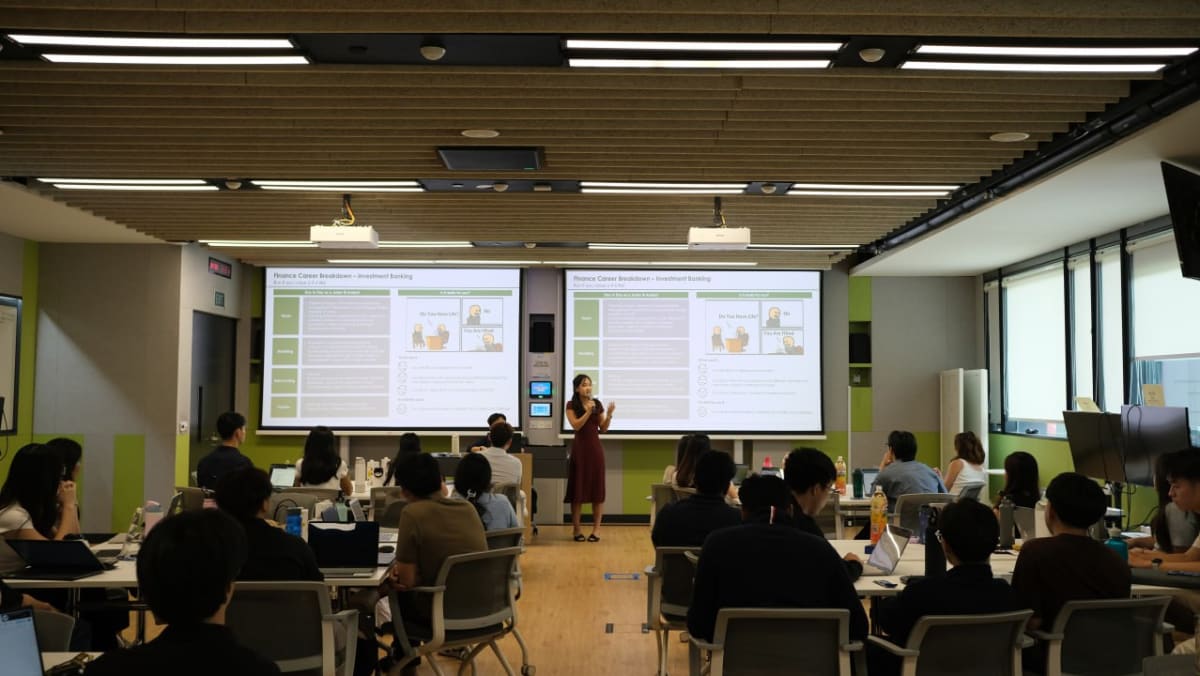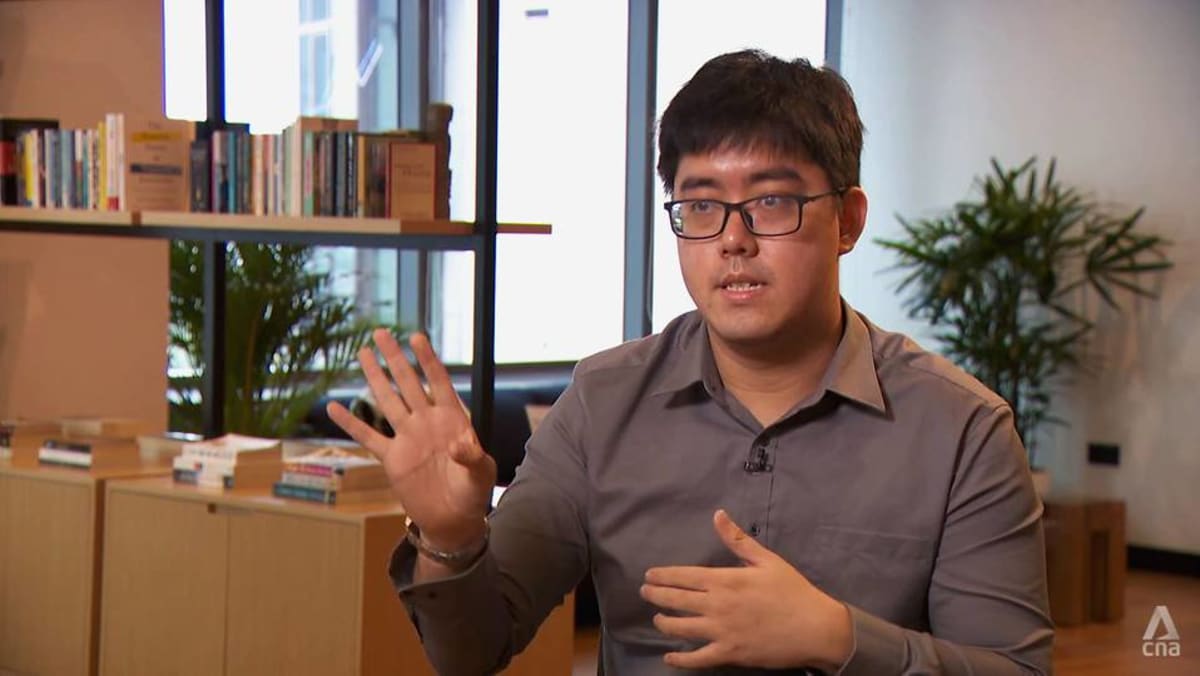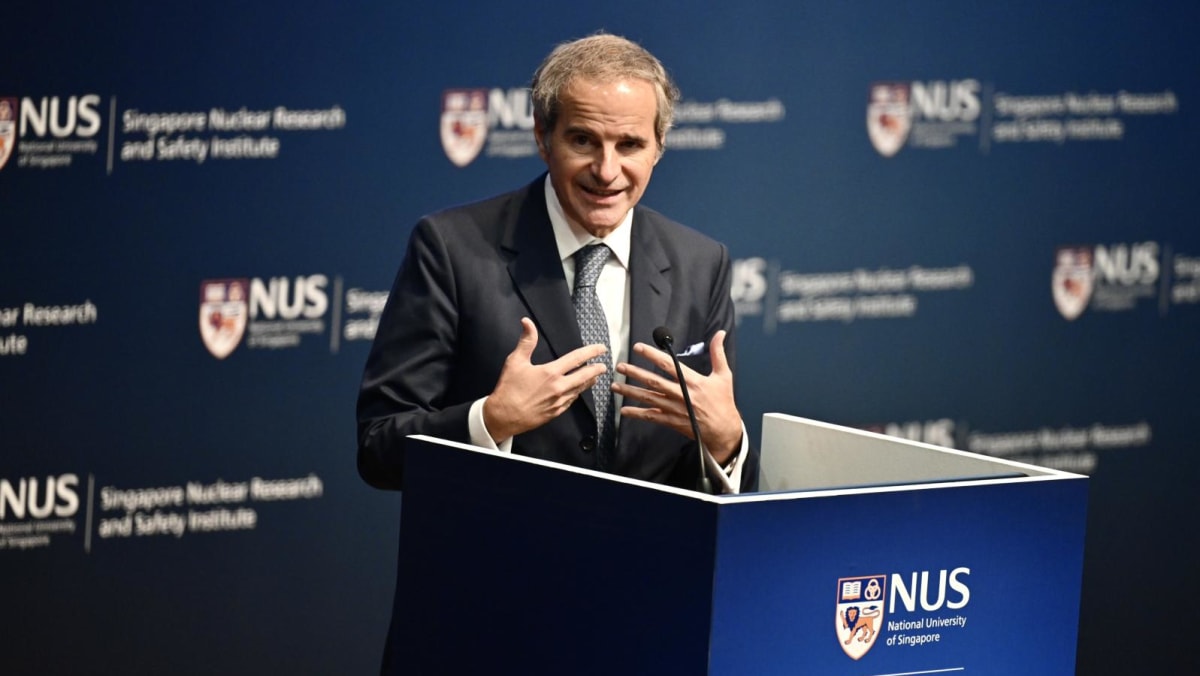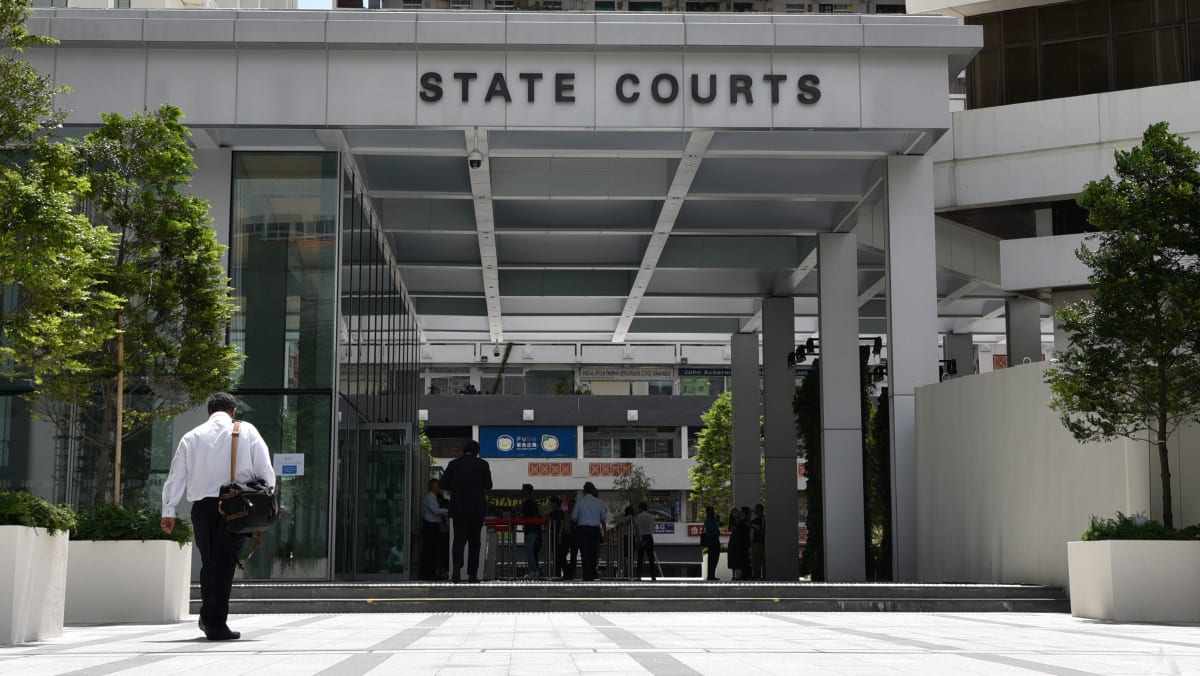THE EQUITY CHALLENGE
This shift particularly affects students and young workers from less privileged backgrounds.
Previously, on-the-job training helped level the playing field. However, if entry-level positions now demand pre-existing expertise without offering learning opportunities, those without industry connections face significant barriers.
We are already seeing this play out in rising unpaid internships and portfolio expectations. According to a 2024 National Youth Council survey, 68 per cent of young job seekers in Singapore reported that internship experience is now considered “essential” rather than “preferred” for entry-level positions.
When only those who can “fake it” with AI tools or secure mentorship through personal networks are considered hireable, we narrow both the diversity and depth of future talent.
A STRUCTURED SOLUTION
Singapore could consider responding by launching a national apprenticeship scheme – building on the SGUnited Traineeships programme from COVID-19, but retooled for the AI age.
Such a scheme could:
• Offer 12–24 month paid placements for fresh graduates, polytechnic and ITE students
• Emphasise AI-augmented work with real mentorship
• Include structured feedback, not just key performance indicators to hit
• Encourage mentorship from senior employees explicitly, recognising and rewarding their role in shaping future talent.
Countries with similar programmes have seen promising outcomes. Germany’s dual-track system keeps youth unemployment at 5.7 per cent – well below the European Union average of 14.5 per cent.
Singapore’s SkillsFuture Earn and Learn scheme boasts a 93 per cent job placement rate in technical fields. It is time to extend this success to knowledge work too.






